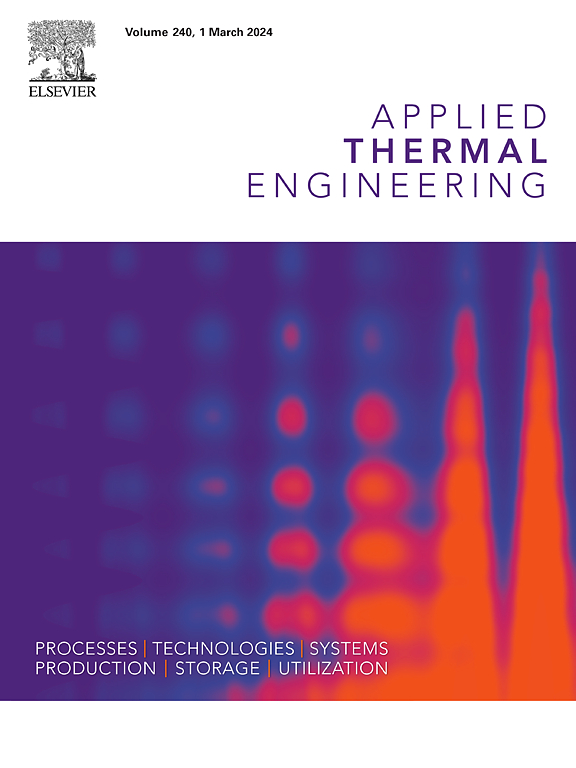采用模块化增程器的混合动力汽车能量管理优化:以线性发动机发电机为例
IF 6.1
2区 工程技术
Q2 ENERGY & FUELS
引用次数: 0
摘要
模块化动力系统正在改善混合动力汽车的性能,这是汽车行业的一个新兴趋势。本文提出了一种基于模块化增程器的混合动力汽车能量管理策略。本研究以自由活塞线性发电机(FPLG)作为增程器,以验证所提控制策略的可行性。考虑到控制复杂度简化和系统能量优化,以效率和功率为指标确定单个单元的工作点,从而构建模块化FPLG集。在能量管理策略的制定中,主要考虑了FPLG机组的启动损耗。结合燃料消耗和电池荷电状态控制成本,构造了一个非线性整数优化问题。通过分析和优化FPLG启动损耗控制权重对电力系统的影响,获得了较好的控制性能。最后,将FPLG与传统增程器的效率和燃油经济性进行了比较,并在几种典型工况下验证了所提策略的有效性。结果表明:与传统增程式器相比,FPLG组在全循环下可节省8%以上的油耗;与基线策略相比,基于整数优化的控制策略可将FPLG机组的启动次数显著减少60%以上,实现燃油消耗降低约15%。本文章由计算机程序翻译,如有差异,请以英文原文为准。
Energy management optimization for hybrid electric vehicles using modular range extenders: a case study on linear engine generator
Modular power systems are improving hybrid vehicle performance, which is an emerging trend in the automotive industry. This research proposes a novel energy management strategy for the hybrid vehicles applying modular range extenders. This research uses free-piston linear generator (FPLG) as range extender to illustrate the feasibility of the proposed control strategy. Considering control complexity simplification and system energy optimization, the operating points of individual units are determined using efficiency and power as metrics, thereby constructing a modular FPLG set. In the formulation of the energy management strategy, the startup losses of the FPLG set are primary considered. Combined with fuel consumption and battery SOC control costs, a nonlinear integer optimization problem is constructed. By analyzing and optimizing the effect of FPLG startup losses control weight on power system, better control performance is obtained. Finally, compare the efficiency and fuel economy of the FPLG set with a conventional range extender, and verify the effectiveness of the proposed strategy under several typical operating conditions. The results show that: compared with the conventional range extender, the FPLG set can save more than 8 % of fuel consumption under the whole cycles; Compared with the baseline strategy, the integer optimization-based control strategy can significantly reduce the number of startup operations of the FPLG set by more than 60 %, realizing a reduction of fuel consumption by about 15 %.
求助全文
通过发布文献求助,成功后即可免费获取论文全文。
去求助
来源期刊

Applied Thermal Engineering
工程技术-工程:机械
CiteScore
11.30
自引率
15.60%
发文量
1474
审稿时长
57 days
期刊介绍:
Applied Thermal Engineering disseminates novel research related to the design, development and demonstration of components, devices, equipment, technologies and systems involving thermal processes for the production, storage, utilization and conservation of energy, with a focus on engineering application.
The journal publishes high-quality and high-impact Original Research Articles, Review Articles, Short Communications and Letters to the Editor on cutting-edge innovations in research, and recent advances or issues of interest to the thermal engineering community.
 求助内容:
求助内容: 应助结果提醒方式:
应助结果提醒方式:


